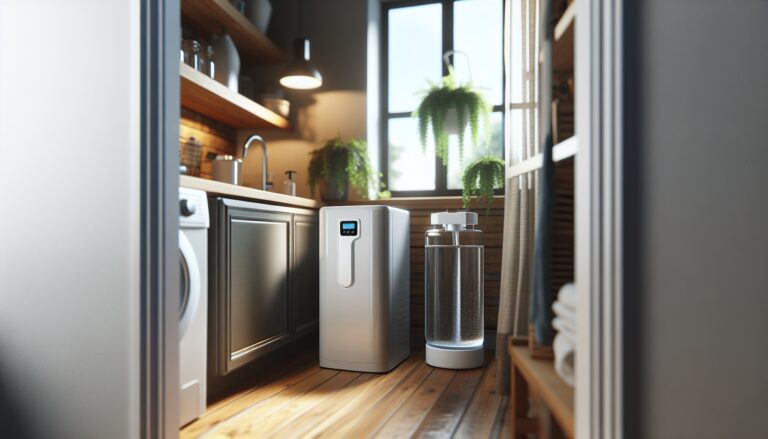Argomenti trattati
What is a water softener?
A water softener is a specialized appliance designed to treat hard water, which is often laden with minerals such as calcium, iron, and magnesium. These minerals can cause various issues in your home, including reduced water pressure, clogs, and leaks. By utilizing a water softener, you can effectively filter out these heavy minerals or neutralize them, making the water more manageable for daily use.
Water softeners come in different configurations, from whole-home systems to smaller units that can be installed at specific fixtures like sinks or showers. The primary method of treatment involves a process known as ion exchange, where resin beads charged with sodium ions attract and remove the unwanted minerals from the water. This process not only helps in maintaining the plumbing system but also enhances the overall quality of water used in your home.
Signs you need a water softener
Recognizing the signs that indicate the need for a water softener is crucial for maintaining your home’s plumbing and your personal health. One of the most common indicators is the presence of dry skin and hair. If you frequently experience dryness, it may be due to the harsh minerals in hard water that can block pores and lead to skin irritations.
Another clear sign is the visible staining and limescale buildup on faucets and showerheads. These deposits not only detract from the aesthetic appeal of your fixtures but can also lead to significant plumbing issues over time. If you notice these stains, it’s advisable to consider installing a water softener to protect your plumbing system.
Impact on household items and bills
Hard water can also affect your household items, particularly laundry and dishware. Clothes washed in hard water often appear faded and feel rough against the skin, while dishes may come out of the dishwasher stained and cloudy. These issues can lead to increased wear and tear on your items, necessitating more frequent replacements.
Moreover, hard water can cause your water and energy bills to rise gradually. As mineral buildup occurs in pipes, it forces your plumbing system to work harder, leading to higher utility costs. If you notice an unexpected spike in your bills, it may be time to test your water and consider a softener.
Maintenance and longevity of water softeners
On average, water softeners can last between 10 to 15 years with proper maintenance. While salt-free systems require minimal upkeep, salt-based systems need regular checks on salt levels and brine tank conditions. Ensuring that your water softener is functioning correctly is essential for maximizing its benefits and extending its lifespan.
In conclusion, investing in a water softener can significantly improve your home’s plumbing system, enhance your water quality, and contribute to your overall well-being. If you suspect that hard water is affecting your home, consider having your water tested and explore the options available for water softening solutions.

